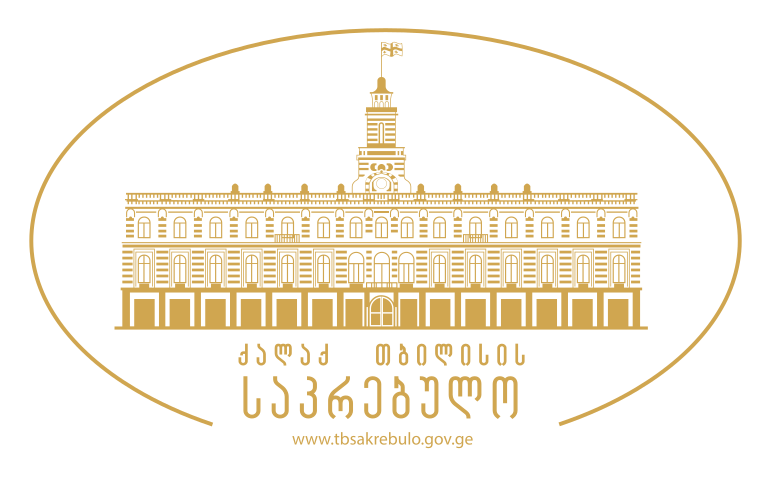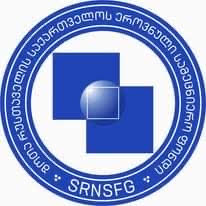024- Transnationalism and the Languages/Literatures of the Global South: South Asian Perspectives
Organized by: ICLA Standing Research Committee on 'South Asian Literature and Culture. Prof. Chandra Mohan
English, French
The terms “Transnational” and “Transnationalism” imply an interconnected world with accelerated circuits of travel, communication and exchange of goods, cultural as well as material. While the term “international” privileges nations, nation-states and official agencies, the term, ‘transnational’ suggests “sustained linkages and ongoing exchanges among non-state actors based across national borders” (Steven Verovec). The transnational does not transcend the idea of the nation or nation-states, but emphasizes a domain of dialogues across peoples and cultures without the mediation of national agencies or identities. Today we live in a deeply interconnected world, where ideas, texts, people and entire communities are constantly on the move deepening questions of diversity, hybridity and plurality, problematising questions of identity, rootedness and allegiance to mother-tongues or nation-states. Though the Covid situation has altered the momentum to some extent, we understand more than ever that the destinies of people are interconnected across the world.
The question of global south enables us to view the transnational from a non-European, non-American, postcolonial perspective locating its axis across Asian, African and South American continents and their histories. Though the term has greater currency in the domain of economics and politics, we need to re-signify it from as a South Asian cultural perspective. Jennifer Harford Vargas published an article in EPW in 2008, under the title, “A tale of two novels from the Global South” dealing with Fakir Mohan Senapathi’s Six Acres and a Third and Garcia Marquez’s One Hundred Years of Solitude. We would welcome multiple nuanced approaches to the term ‘global south’ from the various contexts of South Asia, considering the presence of large South Asian diasporas across the globe. Our focus will be on the languages and cultures of the global south participating in the production of transnational spaces and communities. Plurilingual and pluricultural dimensions of South Asian history and culture will enable us situate Global South outside the frame of hegemonic discourses dictated by Euro-centric notions of theory. There are also parallels to be drawn between the Latin American, the Caucasian and the South Asian cultures with reference to their colonial encounters and postcolonial negotiations.
The seminar will look at the South Asian experience of transnationalism as revealed through its art and literatures as well as philosophies and knowledge systems. Fictional works, travel writings, (auto)biographies, historical narratives, films, theatre, performative/story telling traditions etc will open up sites of exchanges, dialogues and self-critical discourses. Many authors writing today (we are not naming anyone as there are too many) are not available for analysis in terms of essentialist notions of nationalities and ethnicities. The nation as the sole point of reference in all matters of culture and politics falsifies the tenor of lives lived on the ever-widening frontiers and borders in today’s transnational world of interconnections. This can be seen in the films, fictions and pluricultural narratives produced in South Asia. A new group of ‘nomadic’ writers have caught the imagination of young readers across the world. Digital media have deepened these trends as texts are now disseminated across large transnational spaces within a short time. Questions of space and time, self and identity, memory and history have now acquired different connotations to readers and audiences who are located in transnational spaces/contexts. Some of the sub-themes that can be taken up for discussion are mentioned below:
- Plurilingualism/Pluriculturalism in the context of Transnationalism
- Memory, history and migrations
- Translating the local/regional to a transnational audience
- Global South as a site of cultural exchange/resistance
- Mainstreams and the Margins in the South Asian mosaic of cultures
- From colonial to postcolonial in Caucasian and South Asian literatures
- Caucasian literature in South Asian Languages and Vice-Versa: In a Changed World Relation
- Digital humanities and the transnational.
The Project was supported by Shota Rustaveli National Science Foundation of Georgia (SRNSFG) [grant number MG-ISE-22-170]


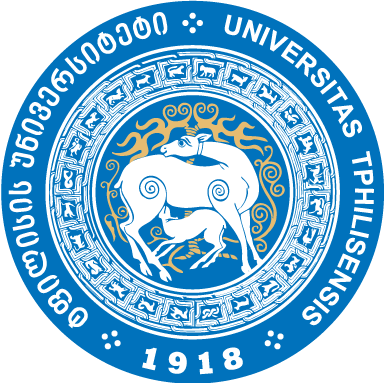


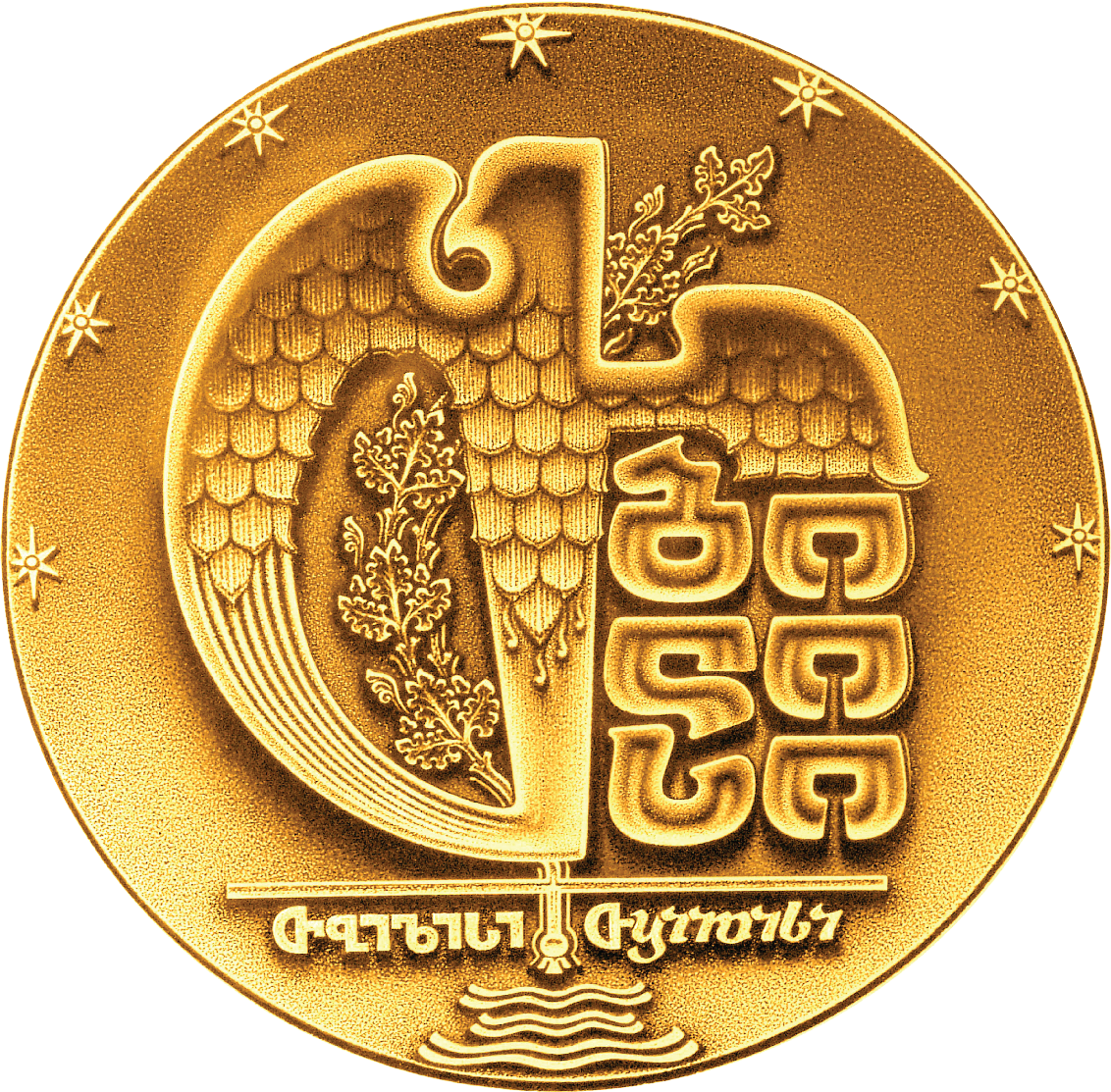

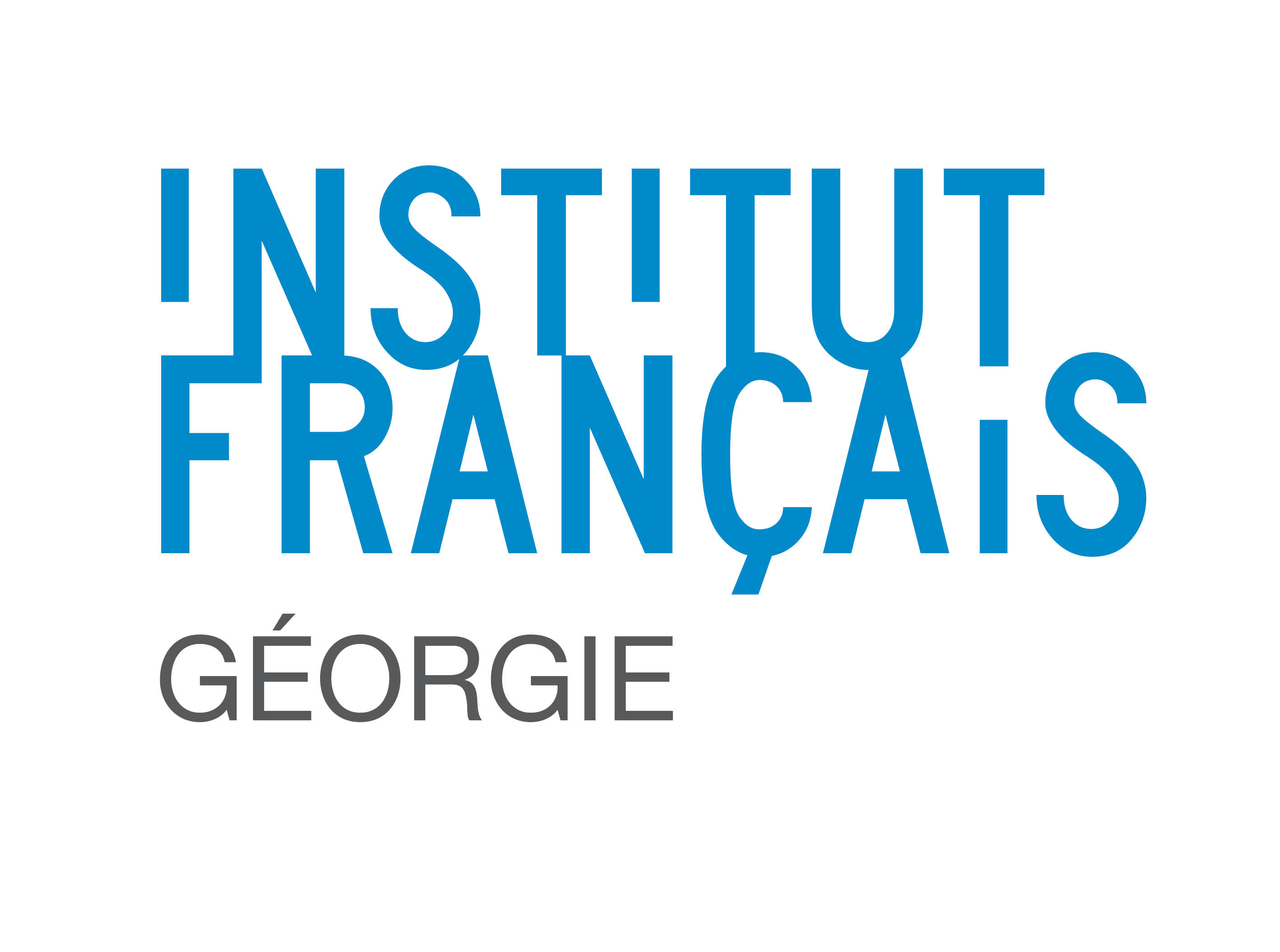




_001.png)

